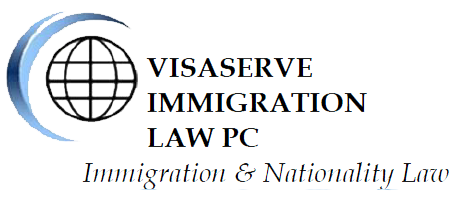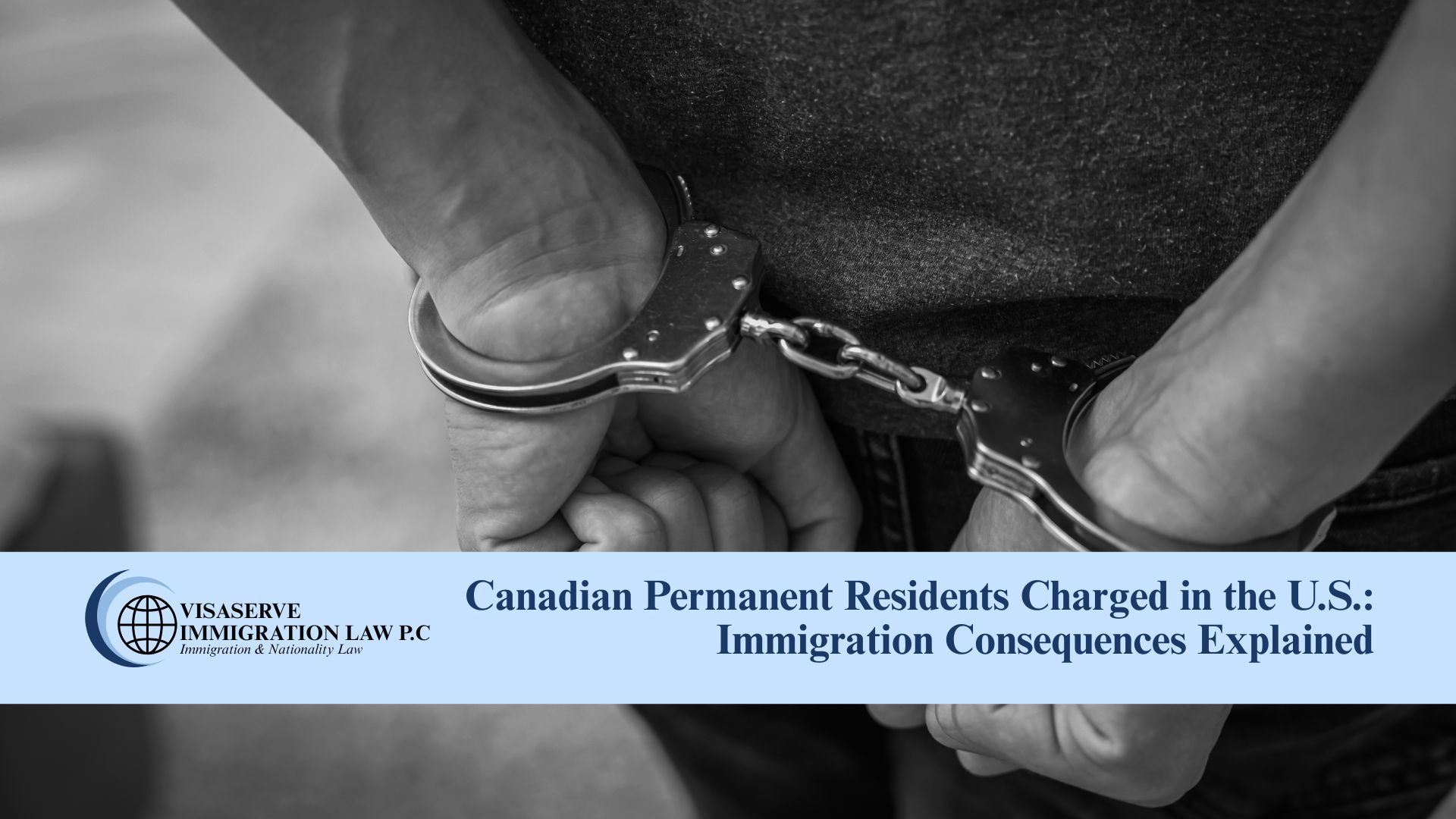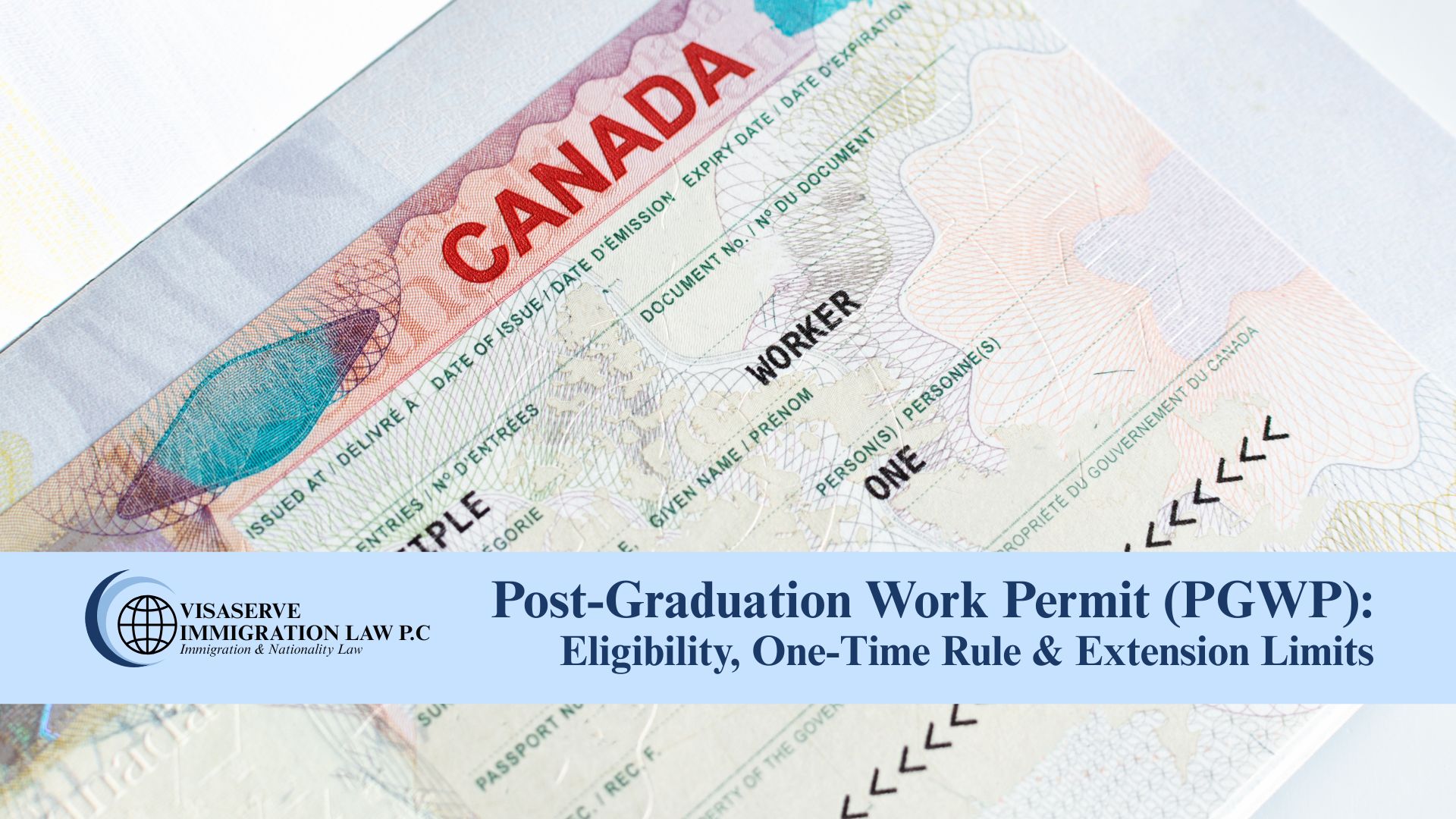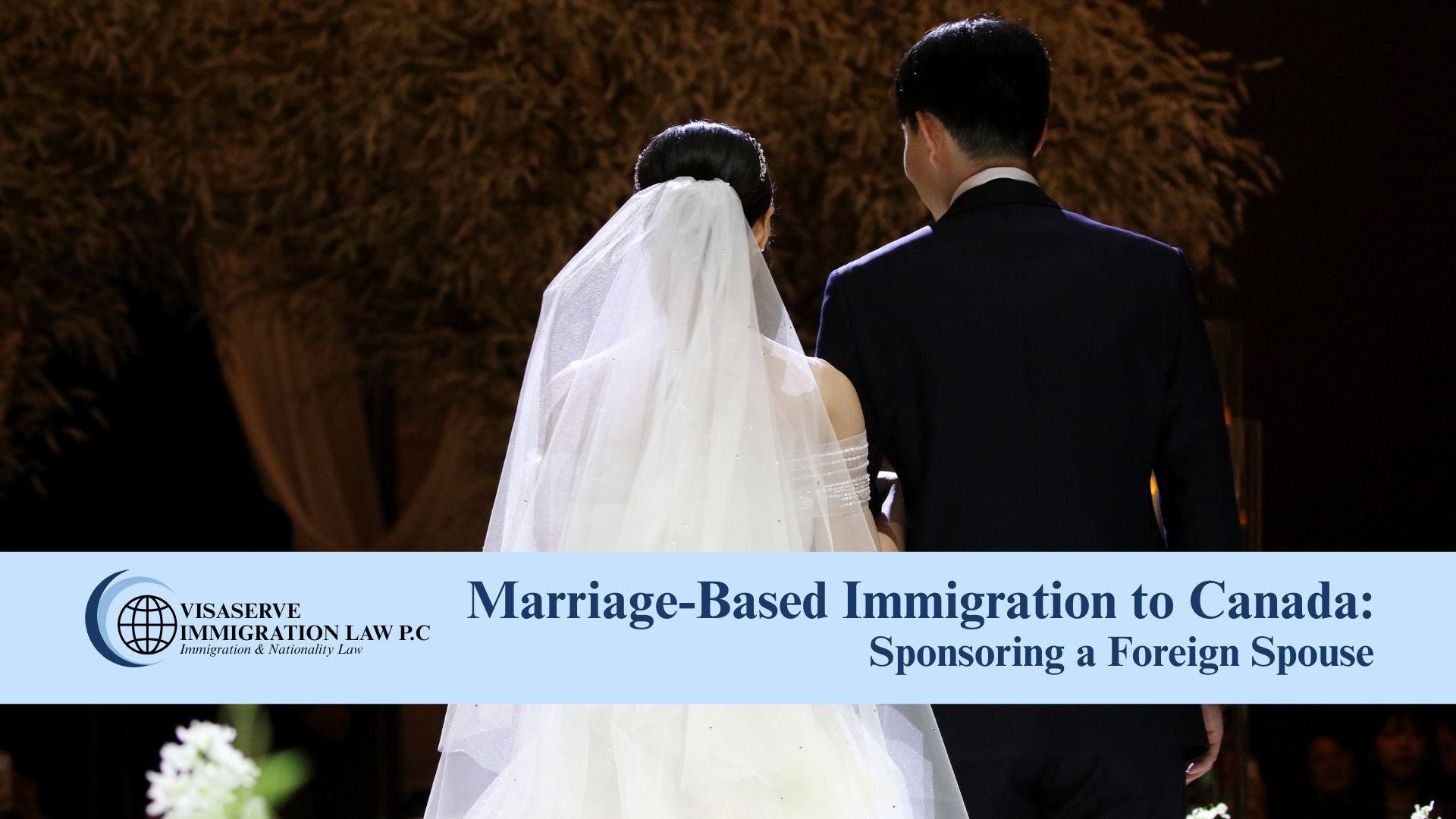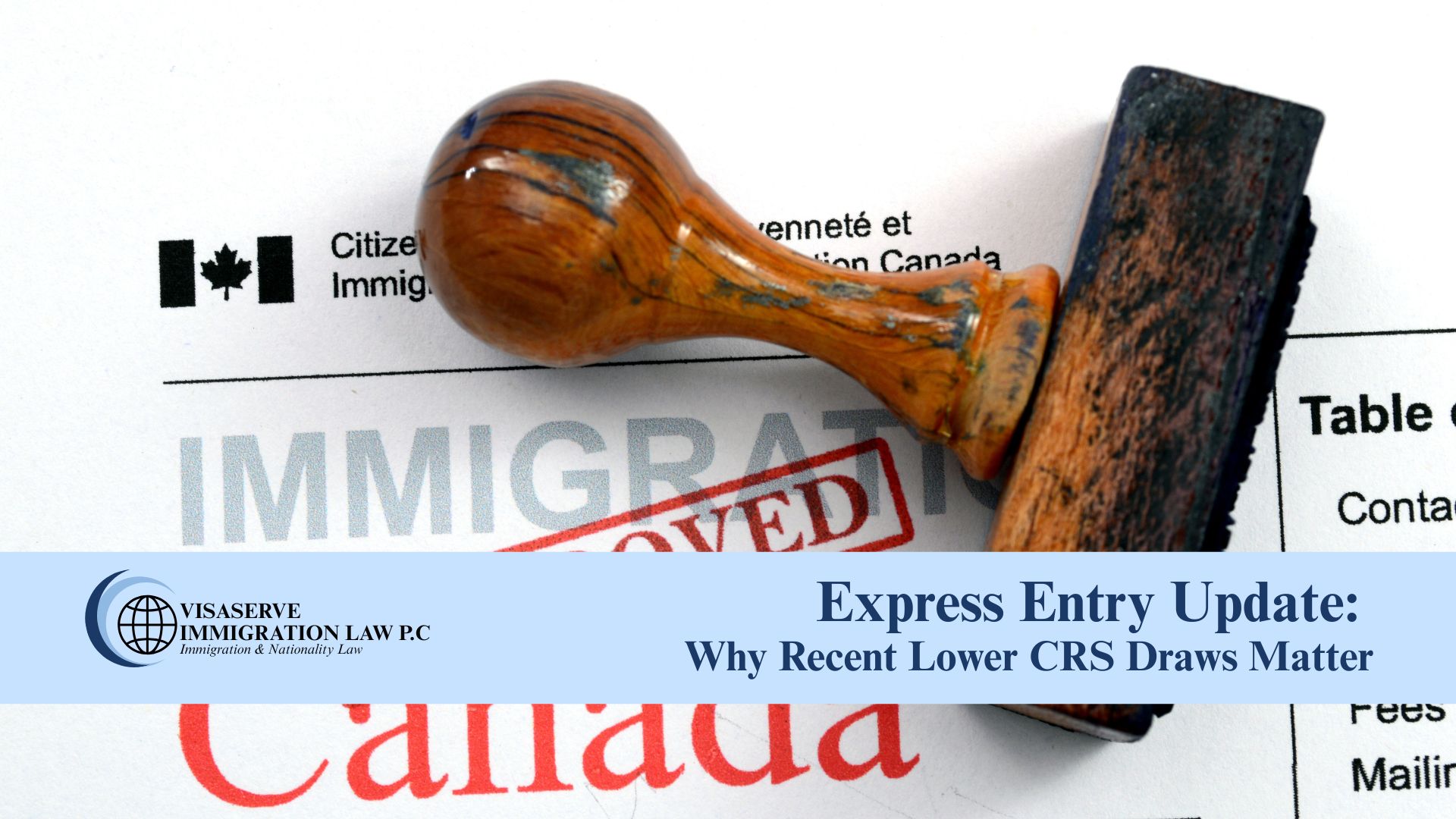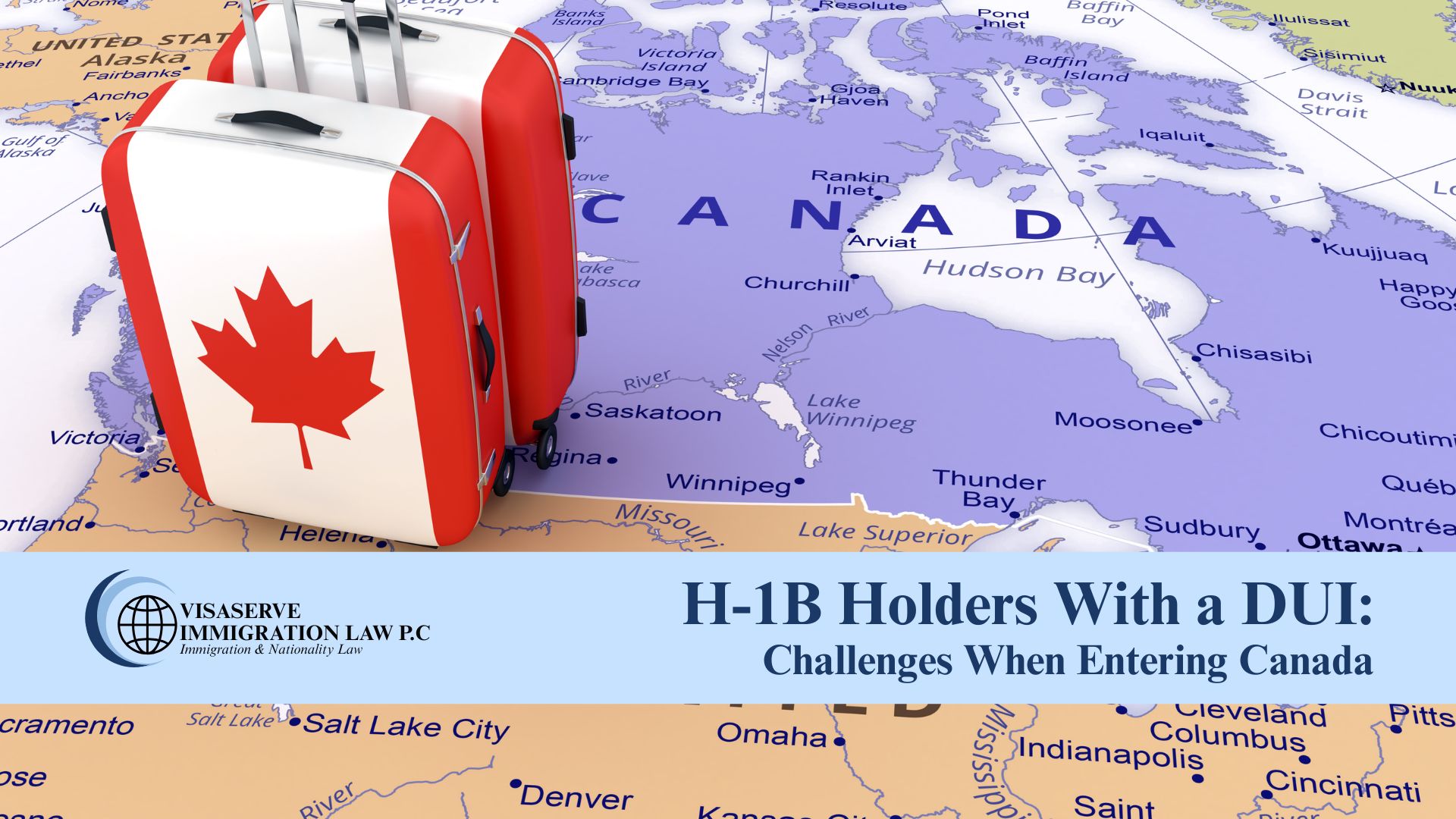For many families living abroad, the ability to pass on Canadian citizenship to children born outside Canada is a critical issue. Historically, Canada’s Citizenship Act included strict limits on citizenship by descent, creating challenges for Canadians living overseas. However, significant legal and legislative changes are reshaping this landscape.
This blog explains how Canadian citizenship by descent works in 2025, who qualifies, and how recent updates to the law may impact foreign nationals, expatriates, and cross-border families.
What Is Citizenship by Descent?
Citizenship by descent refers to the process of acquiring Canadian citizenship through a parent, even if you are born outside Canada.
Until recently, Canadian law only allowed citizenship to be passed to the first generation born abroad. This meant that if a Canadian citizen parent was born in Canada or naturalized before the birth of their child, they could pass citizenship on to the child—even if that child was born outside Canada.
However, if the Canadian parent themselves was born abroad, they could not pass citizenship to children born abroad unless the child was formally adopted and met specific requirements.
Why Did Canada Change the Rules?
On December 19, 2023, the Ontario Superior Court of Justice ruled that the first-generation limit was unconstitutional. The court recognized that this restriction had unacceptable consequences for Canadians who live abroad, impacting decisions about where to live, work, and raise families.
The Government of Canada agreed with the court’s decision and chose not to appeal. Instead, new legislation was introduced to create a fairer, more inclusive process for Canadian citizenship by descent.
Overview of Bill C-71 and Bill C-3: What’s Changing?
In 2024 and 2025, the Government of Canada introduced two key pieces of legislation to amend the Citizenship Act:
1. Bill C-71 (2024):
-
Automatically grants Canadian citizenship to individuals born abroad to a Canadian parent who was also born abroad, if the child was born before the new law comes into force.
-
Allows parents born abroad to pass on citizenship to children born or adopted outside Canada, provided they have spent at least 1,095 cumulative days (3 years) physically present in Canada before the child’s birth or adoption.
2. Bill C-3 (2025):
-
Establishes a substantial connection test: Canadian parents born abroad can pass on citizenship to children born abroad beyond the first generation if they have at least 1,095 days of physical presence in Canada prior to the child’s birth or adoption.
-
Automatically restores citizenship to individuals who would have been citizens if not for the first-generation limit or outdated past laws.
-
Extends citizenship to descendants of “Lost Canadians” (those who lost or never acquired citizenship due to outdated provisions of earlier citizenship laws).
Who Are the “Lost Canadians”?
The term Lost Canadians refers to people who lost Canadian citizenship or were excluded from it due to outdated or discriminatory laws, including:
-
Children born in the second generation abroad between 1977 and 1981 who lost citizenship at age 28 under former section 8 of the Citizenship Act.
-
Children of Canadian women who married foreign men before 1947.
-
Individuals affected by gaps in the 2009 and 2015 amendments to the Citizenship Act.
The new legislation remedies many of these injustices by restoring citizenship to these individuals and their descendants.
How to Apply for Canadian Citizenship by Descent in 2025
If you believe you or your child may qualify for citizenship by descent, here are the general steps to follow:
-
Assess Eligibility:
-
If you or your child were born abroad, check if you qualify under the new rules.
-
Determine whether you meet the 1,095 days of physical presence in Canada requirement if you are applying under the new framework.
-
-
Prepare Your Application:
-
Collect proof of citizenship of the Canadian parent.
-
Provide birth records, adoption records (if applicable), and proof of physical presence in Canada where required.
-
-
Submit Your Application to IRCC:
-
Applications for a proof of citizenship certificate or a direct grant of citizenship must be submitted to Immigration, Refugees and Citizenship Canada (IRCC).
-
The IRCC will process your application once the legislation is fully implemented.
-
-
Monitor Updates:
-
Since the legislation is new, it is essential to follow updates on IRCC’s official website for detailed application guidelines and timelines.
-
Final Thoughts
The removal of the first-generation limit and the introduction of Bill C-71 and Bill C-3 mark a significant shift in Canada’s citizenship landscape. These changes acknowledge the realities of global families and aim to make the process fairer and more transparent for Canadians living abroad.
At Visaserve Immigration Law P.C., we assist families navigating Canadian citizenship applications. If you believe you or your child may qualify for Canadian citizenship by descent, we can guide you through the process.
Contact us today to schedule a consultation.
